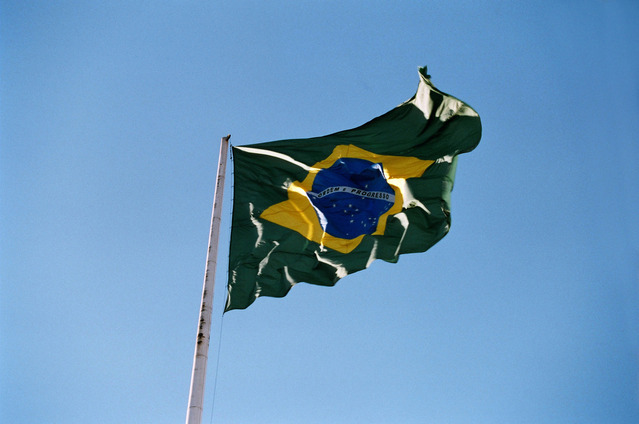
With the World Cup putting it in the spotlight, Brazil is getting a lot of critical attention, including reports that the country is unprepared to host the 2016 Olympics. Between those two events are the pivotal October elections, which will determine if South America’s largest country is going to stick with populist policies and price controls or start doing some very unpopular things to mitigate inflation and revitalize the stagnating economy.
Its domestic growth production is restrained in the 2% range, its foreign imbalances have grown, the currency is being hammered and even the often slow-to-react ratings agencies have cut Brazil from BBB to BBB-.
But frankly, it’s not all that bad. In fact, the outlook for certain sectors is quite good, especially consumer goods, finance and infrastructure.
More than half of Brazil’s 200 million population is considered to be part of the middle class, according to a study by the private research group Getulio Vargas Foundation. By 2020, the Boston Consulting Group projects that upper-middle-class and affluent families will make up 37% of Brazilian households, compared with 29% in 2010.
A growing middle class means increased spending on consumer goods. Of course sales of global companies like Unilever and Procter & Gamble are growing fast in Brazil, but there are some domestic businesses supplying consumer goods.
One domestic company doing particularly well in this sector is Natura Cosmeticos which has a 13.4% share of the Brazilian cosmetics, perfume and hygiene market, with customers in 60% of all households. Various analysts have said Brazil, which is the world’s seventh largest national economy, will overtake Japan to become the second-biggest market for beauty products overall, after the U.S. It is already the world’s second-largest market for hair-care products.
Natura is already the world’s 20th most valuable cosmetics brand, according to consulting firm Brand Finance, even though nearly 90% of its sales are domestic.
Outside the beauty niche, another Brazilian based consumer goods company is beverage giant Ambev. Not only is it the biggest brewery in Latin America and the fifth largest in the world, but it has a huge portfolio of soft drinks it distributes in 14 countries and is the largest Pepsico bottler outside the United States.
The financial sector will also prosper from rising consumer demand. Credit to Brazilians expanded more than 130% between 2006 and 2010, according to the Brazilian Banks Federation. Bank transactions increased 37% in the same period. Yet access to and usage of financial services in Brazil is still low compared with developed countries.
Consider Itau Unibanco Holding, the biggest banking company in South America and the 10th largest in the world, by market value. In addition to Brazil, it operates in Chile, Uruguay and Argentina, as well as in Europe. Brazil’s Banco Bradesco, the third-largest Brazilian bank by total assets, offers Internet banking, insurance, pension plans, credit cards, and a variety of other products which can grow along with a middle class that has higher wages, more consumer purchasing power and more access to credit.
By all accounts, Brazil’s infrastructure will demand a lot of investment in the years to come. Even the Brazilian government has vowed to invest more in public transit. As a result, successful bidders on infrastructure projects will have more predictable cash flow, which should make infrastructure stocks attractive for investors.
Grupo CCR is positioned to benefit from increased infrastructure spending. It already manages highways in Brazil, operates one line of the São Paulo metro and runs three airports outside the country. Other names poised to do well as the economy develops are electric companies Centrais Electricas Brazileiras-Eletrobras, the major generator and distributor of electricity to Brazil along with its competitor CPFL Energia, which provides both residential and municipal services, such as street lighting.
It’s worth noting that Brazil is one of the world’s leading producer of both hard and soft commodities including sugar, coffee, iron and fuels. There are numerous well known commodity producers including Vale and Petrobras which are not only plays in their own right, but also make up large percentages of Brazilian-focused ETFs. However, in my opinion, those companies are plays on global growth – specifically on demand from China – and do not reflect the stabilization of Brazil the way companies in the consumer goods, finance and infrastructure sectors do.
So, while you’re enjoying the World Cup, following the October elections or the unfolding Olympic-readiness drama, remember there are ways to invest in Brazil that don’t appear in the headlines but are still worth consideration.
—
None of the securities listed herein should be viewed as a recommendation to buy or sell; these companies have only been mentioned so as to support the information in this article.

